Globalstar vs Iridium, no winner
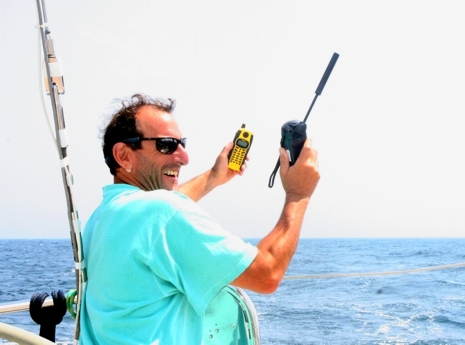
When I sailed from Bermuda to Maine in June, the happy electronics story was testing a Class B AIS. But there were other stories, like getting to try Iridium and Globalstar satellite phones side by side. One reason I’ve been slow with it is that neither phone seemed a real winner. In fact, that’s Vision of Johanna’s owner Bill Strassberg expressing our occasional “throw them both overboard” feelings.
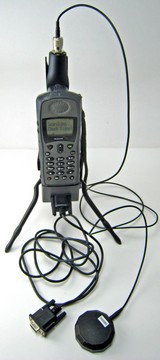 That yellow Uniden waterproof cordless phone connects to his Sea Tel WaveCall 3000 system with backstay-mounted 10” antenna. It worked well during the 2005 Bermuda race but this year regularly cuts off calls and email up/downloads, or just won’t connect at all. Just before this year’s race, Bill and Gram bought and installed Global Marine’s XGate e-mail software and were very pleased with how much it improved Globalstar’s data performance, speeding up GRIB file downloads, even picking up partial downloads after a broken connection. But voice calls home were frequently not so pleasing!
That yellow Uniden waterproof cordless phone connects to his Sea Tel WaveCall 3000 system with backstay-mounted 10” antenna. It worked well during the 2005 Bermuda race but this year regularly cuts off calls and email up/downloads, or just won’t connect at all. Just before this year’s race, Bill and Gram bought and installed Global Marine’s XGate e-mail software and were very pleased with how much it improved Globalstar’s data performance, speeding up GRIB file downloads, even picking up partial downloads after a broken connection. But voice calls home were frequently not so pleasing!
XGate email worked well on the Iridium too, but the phone did not do well with Global’s XWeb browser accelerator (and the poor antenna I was using, see comments). Plus, while Iridium voice calls always went through and were never cut off, they didn’t sound as good as the Globalstar. It’s hard to describe the Iridium effect but it was particularly noticeable when I got my home answering machine one day, and couldn’t recognize my own voice. I also thought that the 9505A handset, data kit and remote antenna that Iridium kindly lent me were all a bit klunky, and are due for a redesign. There are better looking docking set ups available from the likes of OCENS, but they are pricey, as are Iridium minutes. The big question for lots of North American offshore boaters is when will Globalstar fix its service problems. I’ll have a little information to share on that soon.


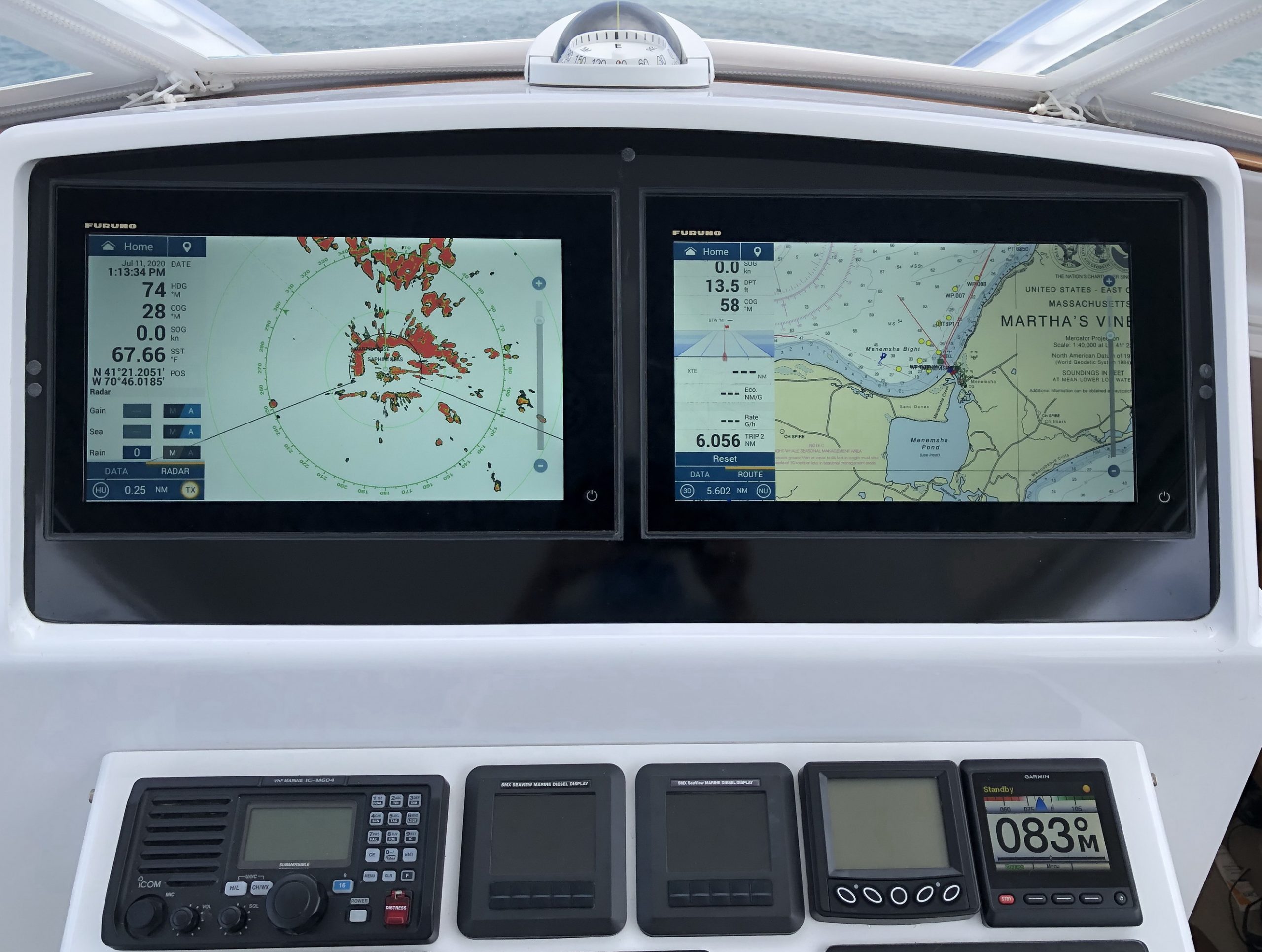
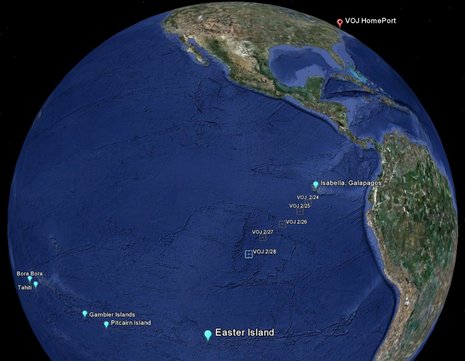
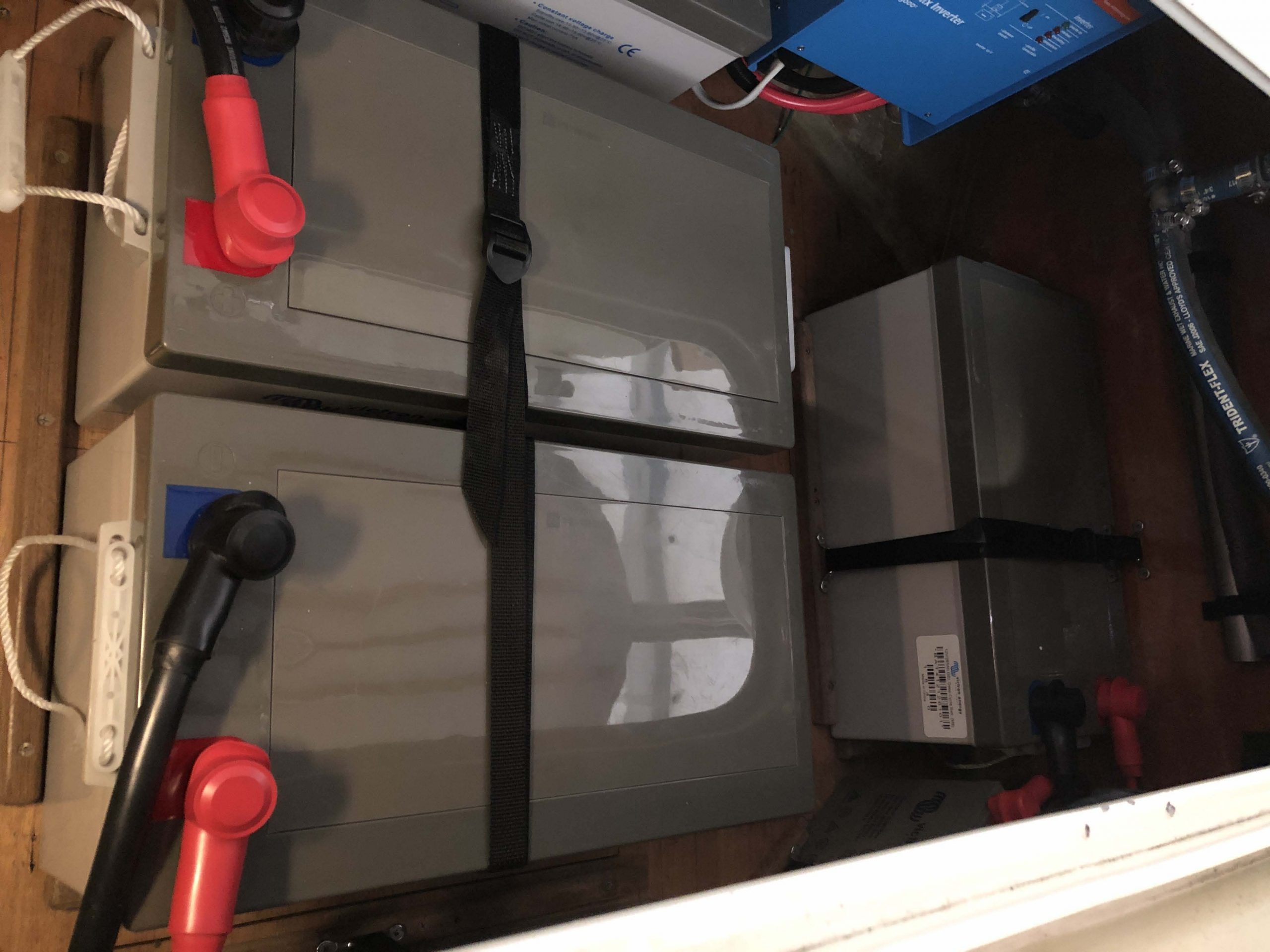
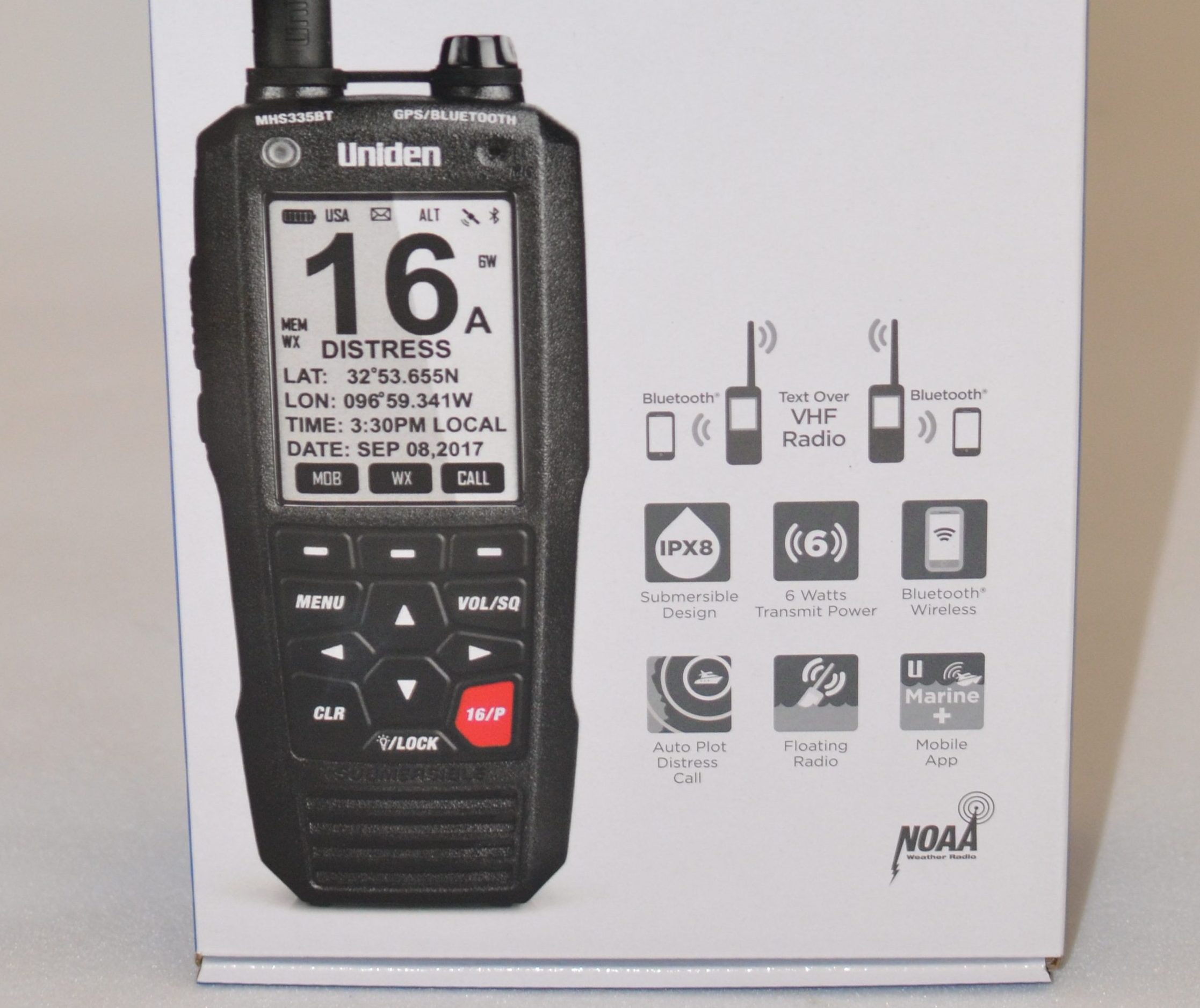







Some valuable comments from Luis Soltero, CTO of Global Marine:
As you know we sell and support a lot of iridium systems. We have these systems on cruise ships as well as on private yachts. On cruise ships they use them to do passenger and crew e-mail.
The following link will show you 7 vessels (mostly cruise ships) using iridium for communications.
http://track.gmn-usa.com/cgi-bin/fleet_setup.pl?fleet=iaato&password=ushuaia
(you will need to pan up to see the vessels in greenland)
My first comment is that the antenna you were using for your test is totally inadequate. The antenna itself is designed for automobiles and does not have a large enough grounding place. You get much better performance out of this antenna if you mount it on a pie plate. The other problem with the antenna is that it have very poor low angle performance. As you know iridium satellites are in polar orbit. At your latitude (Bermuda) the average satellite pass is closer to the horizon that it is over head. So… your antenna is not able to use as many satellites as are available. Finally there is quite a lot of signal loss on the thin antenna cable that is supplied with this smallest of iridium antennas.
To use Iridium on a boat you need a proper external antenna. We recommend then Antcom stick antennas which work well in mid latitudes as well as in the tropics. The antenna does work up north as well although for really high latitudes the flat antennas work better.
The Iridium martian lander holder you have is really mickey-mouse. the data adapter is fragile and prone to breakage. The holder is very flexible and will not hold the phone in a sea way. We recommend a proper docking station. We have several on our website starting as low as $588.
Summing up… Iridium preforms much better with the proper antenna equipment.